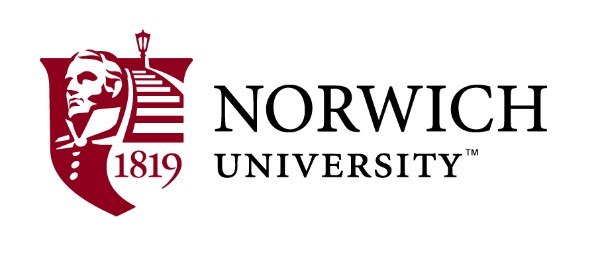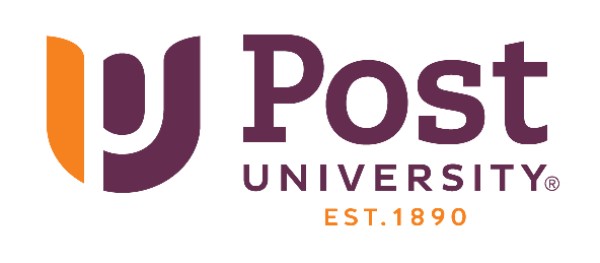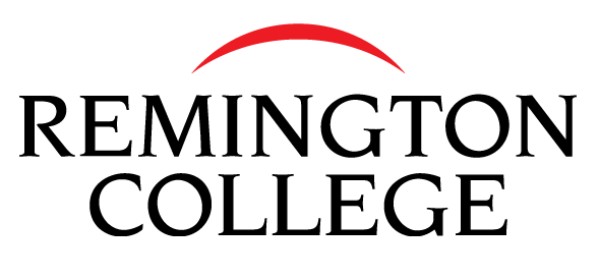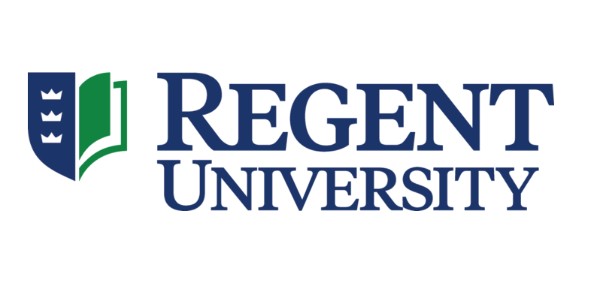Find your college in a few easy steps
Newest Articles and Resources
Education in the 21st Century
Education in the 21st Century – How the Internet has
Transformed Higher Education
September 14th 2017
By Beth Fields
Three hundred years ago, the only form of distance education was
correspondence between a teacher and student. It was tedious, time consuming
and not recognized as a valid form of education by all academia.
Technology based distance education, the predecessor to the Internet, began in the early 1900's with the introduction of instructional films. Later, radio was used and then television. Instructional radio failed but television, due to its audio-visual nature, was a lukewarm success. An increased interest in higher education during 1960's and 1970's brought new life to distance learning. The advent of microwave technology made microwave networks possible and for the first time, distance learners were considered part of the university world. Programs such as University without Walls were quite popular. Britain's Open University helped pave the way for today's online higher education.
The Internet has transformed distance education like nothing else, but the progression has been slow. Undergrads and high school students were the first to utilize the power of the Internet as a research tool. The first online colleges were more business model than school curriculum. Online degrees were limited to low-tech careers such as secretary, assistants and accountants. In the beginning, traditional campuses turned up their collective noses at the thought of obtaining an online degree. When respected, traditional universities started developing online curriculum and established online degree programs, acceptance of online education became universal. Throughout the 1990's, online education grew and improved until it evolved into an effective and efficient way to obtain a higher education. As technology continued to improve desktop computers and laptops, they became easily accessible. These two factors have greatly influenced online education. Today, anyone can easily attend an online university and work toward an online degree. Online universities are not just a matter of reading and writing. Online learning programs are highly interactive and catered toward the student. Most online universities offer virtual campuses, complete with message boards and forums where students can interact and ask questions, often in real time as with a virtual chat room. The ability to network with other students keeps the online learning experience live and encourages discussion of curriculum.
Attending an online university also has the advantage of giving the student more one-on-one time with the instructor. Direct communication is crucial to learning in online education. Instructors are motivated to develop stronger relationships with their students through email and virtual classrooms. This makes an online instructor not only the facilitator of online learning, but a personal mentor as well. The core curriculum of an online university is by necessity, more efficiently laid out and comprised of a narrower focus than traditional schools. This allows the student to earn an online degree in well-organized, more understandable segments. This effective method of learning helps the student complete each course in a timely manner while still attending to the other facets of life, such as work and family.
The Internet has literally transformed higher education. From the most isolated mountain top to the thumping heart of the busiest city, one can attend an online university. This accessibility makes it possible for people who cannot attend a traditional university to obtain an online degree. People from all walks of life, all ages, can now improve their lives, shape their financial future and learn things they never thought possible.








